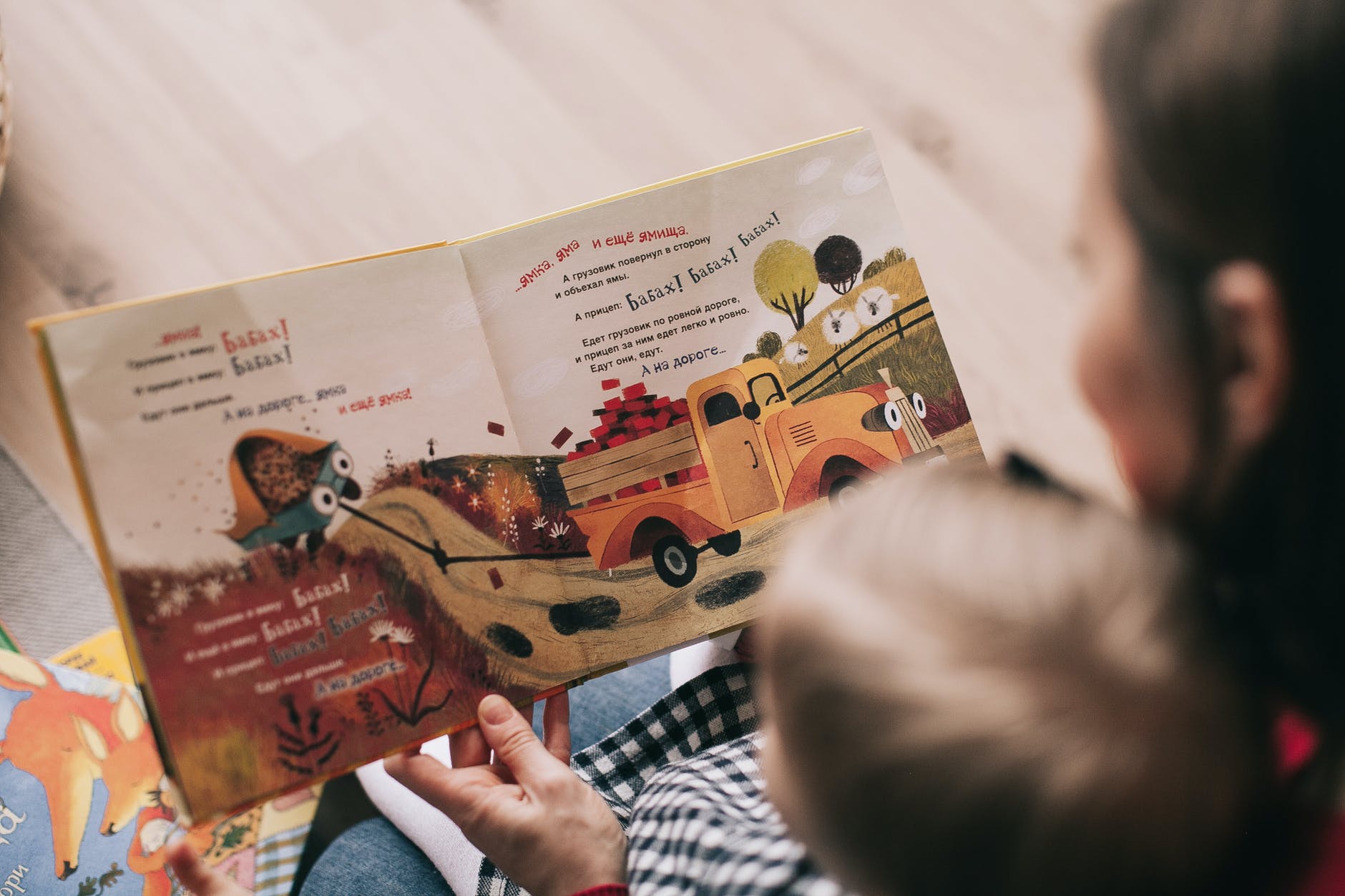
Even though the benefits and importance of raising bilingual/multilingual children are known to many of us, in practice it can be very challenging. Exactly how do we raise kids that speak their mother tongue and…
It begs the question…is it worth the effort?
It’s becoming more and more difficult to raise kids that are familiar and attached to their cultural heritage, faith, and mother tongue.
Despite parents’ best efforts, even from a young age, children can simply refuse to speak in their native tongue. This can cause a lot of stress and family strain and even frustration towards bilingualism.
Raising bilingual kids is genuinely hard.
And it gets harder as they grow up because it’s natural for them to gravitate towards the language of their peers and the larger community. Especially today in our global village.
This doesn’t mean they can’t learn once they pass a certain age, I know it’s possible but it takes a lot of will and support.
I believe it all depends on your given situation. It may be easier for you to raise a bilingual child from birth if you have the time and ability to do so.
Or it may be easier and better for your family situation to teach them later if they wish to learn.
Regardless of what you choose, being multilingual is of great benefit.
Especially in our times as we live in multicultural/multilingual societies. And research shows bilinguals are more emphatic and socially tolerant to others.
Here are some quick benefits of raising multilingual kids:
- Emotional benefits- The child can better understand the parents and their culture, values, and stronger attachment to the parent.
- Social benefits- They have more cultural sensitivity, more understanding, and tolerance for other cultures and diversity.
- Cognitive advantages- Their more creative and better at planning and solving complex problems than monolinguals. They have better metalinguistic awareness; how language works, they think about language, its elements, allowing them to read and develop literacy earlier.
I am very passionate about this topic. And I am dedicating myself to raising my toddler to know their native tongue from birth.
Because it’s very important to their sense of identity. And their ability to have a deeper connection to their culture and not be isolated from their loved ones who cannot speak English.
I feel this topic causes more stress for young busy mums than it should.
Hence most don’t even bother to start. Because it may not reap the results they want or give up due to the strain it can cause.
I have learned and gained so much whilst speaking to my toddler in my native tongue. Here are some of the things that I found noteworthy and I am trying to implement on this journey.
There is no doubt that this is all more enjoyable and achievable if it’s done holistically.
To do it naturally as we go about our day.
- One parent can be designated with one language, what comes naturally to them, what they speak and know best. It’s easier if one is responsible so that there is no waiting around for the other.
- This doesn’t mean the other parent can never get involved. Rather it’s about one being responsible so that the child progresses.
- Have a day in which the whole family speaks the language. This will help if one person doesn’t want to take on the full task.
- Try to make it natural. We don’t have to force ourselves to speak when the situation is difficult, we should accommodate our circumstances. That’s healthier and more lasting. And there’s no loss as her child is learning so much more than just vocabulary. For example, if you have guests over or you’re unwell…
- Don’t worry about forgetting. Every time you forget to speak in your chosen language just quickly go back to it, the more you practice the more you will remember.
- Help yourself. Learn new words, go over old ones, revise if you’ve forgotten. You can only pass on what you know, you are the first school of your child, so make it count.
- You don’t need to do anything extra. Just live, connect and involve your child through that language and they will respond to that positively.
- Enjoy the journey. Watch/ play/ read/ sing/ explore poems in your native tongue, they will enjoy your company and connect with their culture.
- Allow them to spend time with a family member and practice what they know already. Allow the family members to take lead and show them some variety.
- Find a spend time with others who speak that tongue too. This way they will learn social skills and share what is common between them, children do love to repeat and see what’s familiar.
- Translate all that’s around you. This helps give them more vocab and makes it easier for you to keep them engaged and enthusiastic.

The most important thing that allowed me to stay consistent is to go with the flow.
To be as natural as possible.
To know at all times that the most important thing for my toddler is to connect with me deeply whilst slowly becoming independent on daily tasks.
So, as we go about our day, I connect and engage them through conversations, singing, sharing, playing, reading, modeling, and repeating in my native tongue.
HOLISTIC MUSLIMAH